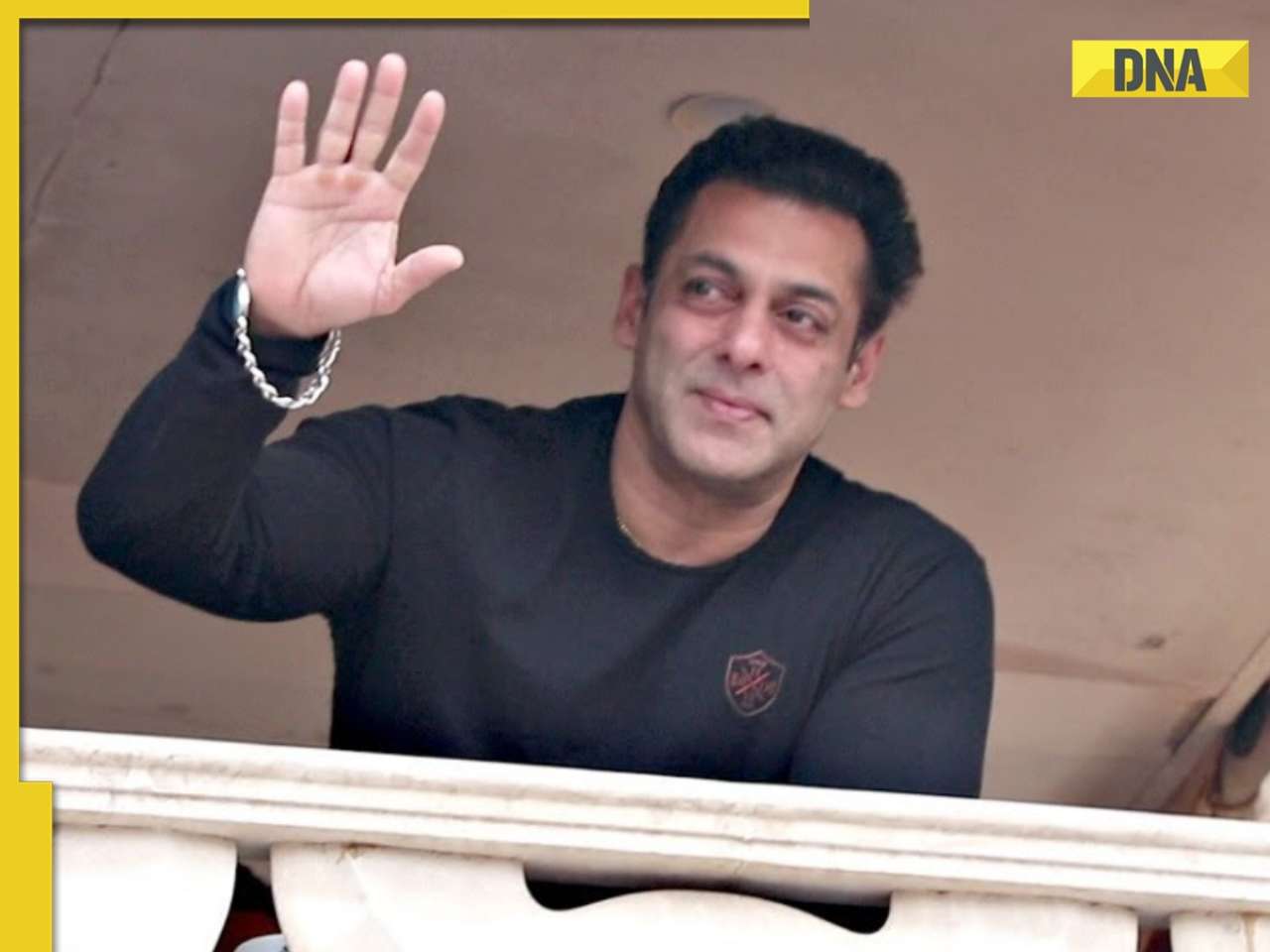Fiji's military coup may have been bloodless and effective, but it is already hitting trouble as resistance to the regime mounts and the effects of the coup bite hard into the fragile economy.
SYDNEY: Fiji's military coup may have been bloodless and effective, but it is already hitting trouble as resistance to the regime mounts and the effects of the coup bite hard into the fragile economy.
Coup leader Commodore Voreqe Bainimarama, who became a national hero by crushing a putsch in 2000, faces a potentially ignominious and violent end to what he terms his "clean-up" of government, experts in Fijian and Pacific affairs warn.
"This coup has run into immediate difficulties and will face even more as the economic impact of what has happened becomes keenly felt in Fiji," said Sinclair Dinnen of the Australian National University.
"It would appear the commodore has miscalculated the extent of support he would get from the people and key constituencies in Fiji to make the coup a success," he said of Tuesday's overthrow of prime minister Laisenia Qarase.
The first cracks began showing hours after the coup when several top police officers and civil servants branded it unconstitutional and refused to support the new regime.
The tough-talking Bainimarama immediately cracked down, briefly rounding up some dissenters and then sacking them from key public posts.
Among those dismissed for non-cooperation were the commissioners of police and prisons, the public service commission chief, the chief executive of the prime minister's office, the solicitor general and then the vice president.
Troops are hunting the finance ministry's chief executive who imposed strict spending limits on the government before fleeing, leaving the military struggling to obtain funds for its clean-up of alleged corruption.
Fiji's all important Methodist Church opposed the nation's fourth coup in 19 years while the highly-influential Great Council of Chiefs rounded on Bainimarama for sacking the vice president.
It refused to meet to reappoint the president whose powers the commander temporarily assumed Tuesday, delaying the formation of an interim government.
One chief urged soldiers to lay down their arms, leave their barracks and return to their villages.
As some Fijians wore black in a silent protest, ousted Qarase warned of mass peaceful protests within weeks aimed at forcing Bainimarama to back down while regional powers Australia and New Zealand called for passive resistance.
"If the commander hoped there would be a groundswell of support for what he calls his effort to clean up Fiji, he must be quite disappointed," said Pacific analyst Malcolm Cook of Australia's Lowy Institute for International Policy.
"The biggest and most difficult question is not how to carry out a coup, but how to exit from that situation and switch back to civilian rule, and commander Bainimarama's increasing isolation will make that question much more difficult."
Bainimarama could be forced to back down, leaving him vulnerable to treason charges, Cook said.
But Australian National University professor Brij Lal, who is in Suva, said the coup was a success so far, with most senior officials and Fijians reluctantly acquiescing.
"I think the coup has succeeded. The army is in effective control and there is cooperation -- sullen cooperation, but nonetheless cooperation -- from civil servants," he said, adding there was "no ideological fire in the belly of the people of Fiji against this coup".
But pressure is ratcheting up after Australia and New Zealand announced targeted sanctions, the United States cut aid and the Commonwealth suspended Fiji.
More alarmingly, Fiji's tourism -- the Pacific island idyll's top industry -- is taking a battering as travellers cancel holidays with some airlines and hotels report up to 50 percent cancellations.
Fiji's central bank has tightened capital controls and slapped credit limits on banks in a bid to prevent precious cash reserves fleeing the country.
Popular anger is likely to grow as the thousands of Fijians employed in the tourism industry start losing their jobs and see national prestige tarnished, Dinnen and Cook said.
Possible splits could occur within the military, notably if the United Nations makes good on a threat to remove Fijian soldiers from peacekeeping operations, a substantial source of revenue.
"There is a danger there that what has been a bloodless coup to date could turn into a confrontation as the commander tries to get people to do what he wants done," Dinnen warned.
"In a way he has boxed himself in and its very difficult to see how he will emerge from this other than joining (2000 coup leader) George Speight on his little prison island," he said.
![submenu-img]() MBOSE 12th Result 2024: HSSLC Meghalaya Board 12th result declared, direct link here
MBOSE 12th Result 2024: HSSLC Meghalaya Board 12th result declared, direct link here![submenu-img]() Apple iPhone 14 at ‘lowest price ever’ in Flipkart sale, available at just Rs 10499 after Rs 48500 discount
Apple iPhone 14 at ‘lowest price ever’ in Flipkart sale, available at just Rs 10499 after Rs 48500 discount![submenu-img]() Meet man who left high-paying job, built Rs 2000 crore business, moved to village due to…
Meet man who left high-paying job, built Rs 2000 crore business, moved to village due to…![submenu-img]() Meet star, who grew up poor, identity was kept hidden from public, thought about suicide; later became richest...
Meet star, who grew up poor, identity was kept hidden from public, thought about suicide; later became richest...![submenu-img]() Watch: Ranbir Kapoor recalls 'disturbing' memory from his childhood in throwback viral video, says 'I was four years...'
Watch: Ranbir Kapoor recalls 'disturbing' memory from his childhood in throwback viral video, says 'I was four years...'![submenu-img]() DNA Verified: Is CAA an anti-Muslim law? Centre terms news report as 'misleading'
DNA Verified: Is CAA an anti-Muslim law? Centre terms news report as 'misleading'![submenu-img]() DNA Verified: Lok Sabha Elections 2024 to be held on April 19? Know truth behind viral message
DNA Verified: Lok Sabha Elections 2024 to be held on April 19? Know truth behind viral message![submenu-img]() DNA Verified: Modi govt giving students free laptops under 'One Student One Laptop' scheme? Know truth here
DNA Verified: Modi govt giving students free laptops under 'One Student One Laptop' scheme? Know truth here![submenu-img]() DNA Verified: Shah Rukh Khan denies reports of his role in release of India's naval officers from Qatar
DNA Verified: Shah Rukh Khan denies reports of his role in release of India's naval officers from Qatar![submenu-img]() DNA Verified: Is govt providing Rs 1.6 lakh benefit to girls under PM Ladli Laxmi Yojana? Know truth
DNA Verified: Is govt providing Rs 1.6 lakh benefit to girls under PM Ladli Laxmi Yojana? Know truth![submenu-img]() Alia Bhatt wears elegant saree made by 163 people over 1965 hours to Met Gala 2024, fans call her ‘princess Jasmine’
Alia Bhatt wears elegant saree made by 163 people over 1965 hours to Met Gala 2024, fans call her ‘princess Jasmine’![submenu-img]() Jr NTR-Lakshmi Pranathi's 13th wedding anniversary: Here's how strangers became soulmates
Jr NTR-Lakshmi Pranathi's 13th wedding anniversary: Here's how strangers became soulmates![submenu-img]() Streaming This Week: Heeramandi, Shaitaan, Manjummel Boys, latest OTT releases to binge-watch
Streaming This Week: Heeramandi, Shaitaan, Manjummel Boys, latest OTT releases to binge-watch![submenu-img]() Remember Ayesha Kapur? Michelle from Black, here's how actress, nutrition coach, entrepreneur looks after 19 years
Remember Ayesha Kapur? Michelle from Black, here's how actress, nutrition coach, entrepreneur looks after 19 years![submenu-img]() Remember Heyy Babyy's cute 'Angel' Juanna Sanghvi? 20 year-old looks unrecognisable now, fans say 'her comeback will...'
Remember Heyy Babyy's cute 'Angel' Juanna Sanghvi? 20 year-old looks unrecognisable now, fans say 'her comeback will...'![submenu-img]() Haryana Political Crisis: Will 3 independent MLAs support withdrawal impact the present Nayab Saini led-BJP government?
Haryana Political Crisis: Will 3 independent MLAs support withdrawal impact the present Nayab Saini led-BJP government?![submenu-img]() DNA Explainer: Why Harvey Weinstein's rape conviction was overturned, will beleaguered Hollywood mogul get out of jail?
DNA Explainer: Why Harvey Weinstein's rape conviction was overturned, will beleaguered Hollywood mogul get out of jail?![submenu-img]() What is inheritance tax?
What is inheritance tax?![submenu-img]() DNA Explainer: What is cloud seeding which is blamed for wreaking havoc in Dubai?
DNA Explainer: What is cloud seeding which is blamed for wreaking havoc in Dubai?![submenu-img]() DNA Explainer: What is Israel's Arrow-3 defence system used to intercept Iran's missile attack?
DNA Explainer: What is Israel's Arrow-3 defence system used to intercept Iran's missile attack?![submenu-img]() Meet star, who grew up poor, identity was kept hidden from public, thought about suicide; later became richest...
Meet star, who grew up poor, identity was kept hidden from public, thought about suicide; later became richest...![submenu-img]() Watch: Ranbir Kapoor recalls 'disturbing' memory from his childhood in throwback viral video, says 'I was four years...'
Watch: Ranbir Kapoor recalls 'disturbing' memory from his childhood in throwback viral video, says 'I was four years...'![submenu-img]() This superstar was in love with Muslim actress, was about to marry her, relationship ruined after death threats from..
This superstar was in love with Muslim actress, was about to marry her, relationship ruined after death threats from..![submenu-img]() Meet Madhuri Dixit’s lookalike, who worked with Akshay Kumar, Govinda, quit films at peak of career, is married to…
Meet Madhuri Dixit’s lookalike, who worked with Akshay Kumar, Govinda, quit films at peak of career, is married to… ![submenu-img]() Meet former beauty queen who competed with Aishwarya, made debut with a superstar, quit acting to become monk, is now..
Meet former beauty queen who competed with Aishwarya, made debut with a superstar, quit acting to become monk, is now..![submenu-img]() IPL 2024: Jake Fraser-McGurk, Abishek Porel power DC to 20-run win over RR
IPL 2024: Jake Fraser-McGurk, Abishek Porel power DC to 20-run win over RR![submenu-img]() SRH vs LSG, IPL 2024: Predicted playing XI, live streaming details, weather and pitch report
SRH vs LSG, IPL 2024: Predicted playing XI, live streaming details, weather and pitch report![submenu-img]() IPL 2024: Here’s why CSK star MS Dhoni batted at No.9 against PBKS
IPL 2024: Here’s why CSK star MS Dhoni batted at No.9 against PBKS![submenu-img]() SRH vs LSG IPL 2024 Dream11 prediction: Fantasy cricket tips for Sunrisers Hyderabad vs Lucknow Super Giants
SRH vs LSG IPL 2024 Dream11 prediction: Fantasy cricket tips for Sunrisers Hyderabad vs Lucknow Super Giants![submenu-img]() Watch: Kuldeep Yadav, Yuzvendra Chahal team up for hilarious RR meme, video goes viral
Watch: Kuldeep Yadav, Yuzvendra Chahal team up for hilarious RR meme, video goes viral![submenu-img]() Not Alia Bhatt or Isha Ambani but this Indian CEO made heads turn at Met Gala 2024, she is from...
Not Alia Bhatt or Isha Ambani but this Indian CEO made heads turn at Met Gala 2024, she is from...![submenu-img]() Man makes Lord Hanuman co-litigant in plea, Delhi High Court asks him to pay Rs 100000…
Man makes Lord Hanuman co-litigant in plea, Delhi High Court asks him to pay Rs 100000…![submenu-img]() Four big dangerous asteroids coming toward Earth, but the good news is…
Four big dangerous asteroids coming toward Earth, but the good news is…![submenu-img]() Isha Ambani's Met Gala 2024 saree gown was created in over 10,000 hours, see pics
Isha Ambani's Met Gala 2024 saree gown was created in over 10,000 hours, see pics![submenu-img]() Indian-origin man says Apple CEO Tim Cook pushed him...
Indian-origin man says Apple CEO Tim Cook pushed him...

















































)
)
)
)
)
)